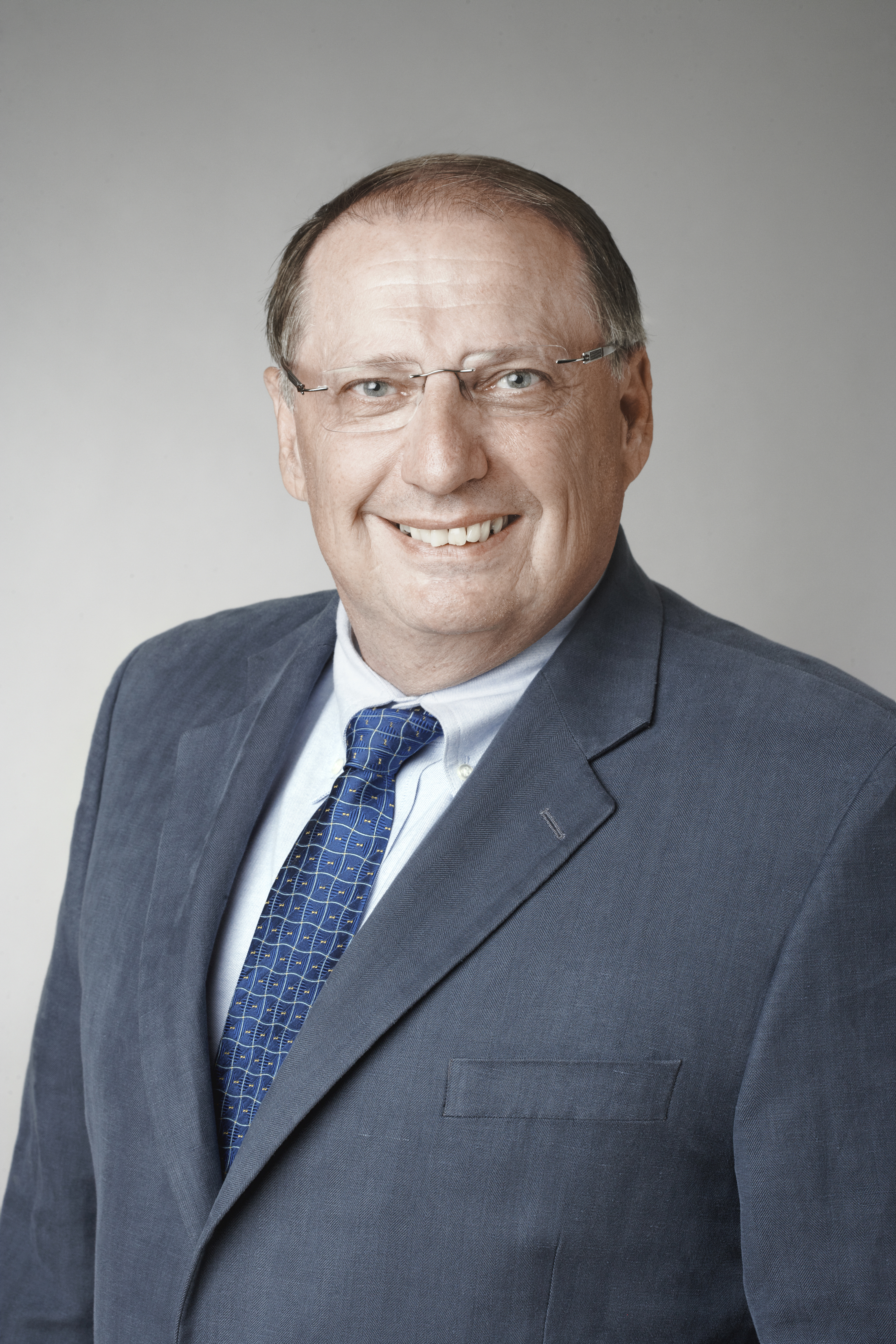Message from the Dean

As I retire from my role as Dean and Vice-Provost at the University of Manitoba, I will take this opportunity, as I have done in my previous messages over the last 12 years, to share a few things on my mind.
One of the areas of which I’m most proud is the progress we’ve made in truly interprofessional education and collaboration relative to any other Canadian university. This was possible thanks to bringing together the health professions of dentistry, medicine, nursing, pharmacy and rehabilitation sciences into one integrated Rady Faculty of Health Sciences in 2014.
The Office of Interprofessional Collaboration provides education and practice experiences in its interprofessional collaborative care (IPCC) program where Rady Faculty of Health Sciences students are placed on teams of eight to 10 learners and learn how to communicate effectively as a team, in person, via video conferencing and through activities and online discussions.
All first- and second-year students in the Rady Faculty of Health Sciences (approximately 1100 total) participate in the IPCC curriculum whose goal is to give learners a foundation for interprofessional collaboration and patient-centred care and ultimately break down traditional barriers between health-care professions and lead to improved health outcomes.
I am also proud of how we have expanded and grown our family medicine streams and distributed medical education sites across the province. We have a vital presence in each of Manitoba’s regional health authorities and partnerships in Nunavut and the Northwest Territories.
More than 20 years ago, DFM established its first teaching unit in a rural setting, Parkland, in Dauphin. Residents spend most of their time in that community with occasional rotations in Brandon or Winnipeg.
In 2005, DFM developed a bilingual training program – a hybrid urban-rural program (first year in St-Boniface and the second in rural Manitoba, in Ste-Anne and Notre Dame.)
In 2008, DFM accepted its first residents into a specific northern & remote residency program that serves Manitoba’s northern communities. This was quickly followed by distributed programs in Steinbach, Boundary Trails and Brandon.
In 2019, the first residents began their training in the new Interlake-Eastern training program based in Selkirk and in 2020, Thompson welcomed its first two residents.
The DFM has residents enrolled in nine rural and northern communities across Manitoba, representing more than two-thirds of all UM family med residency spaces. The majority of graduates from rural residency programs stay to practice in rural and northern areas.
Another area that has seen tremendous growth is the research endeavour in the Rady Faculty. Through a sound strategic approach, mentorship and support for grant writing, the faculty’s research program has grown to $120 million. We have held our own in a very competitive environment which has helped to enhance the recruitment of exceptional researchers in many different areas of excellence across the college and faculty.
I also want to point to our commitment to professionalism as an area we have made inroads through learning environment assessments, rotation evaluations, mistreatment reporting through Speak Up buttons and referrals – with the reassurance of confidentiality and no reprisals for coming forward. But we need to continue to incorporate professionalism into everything we do as physicians and faculty members. We have a responsibility to the communities we serve, the colleagues we work with and the learners we teach.
Lastly, the huge success of Rady Faculty’s Ongomiizwin- the Indigenous Institute of Health and Healing in providing health service, education and research and leading the discussion of anti-racism, social justice, reconciliation and EDI issues has advanced these issues across the faculty, the university and on a national stage.